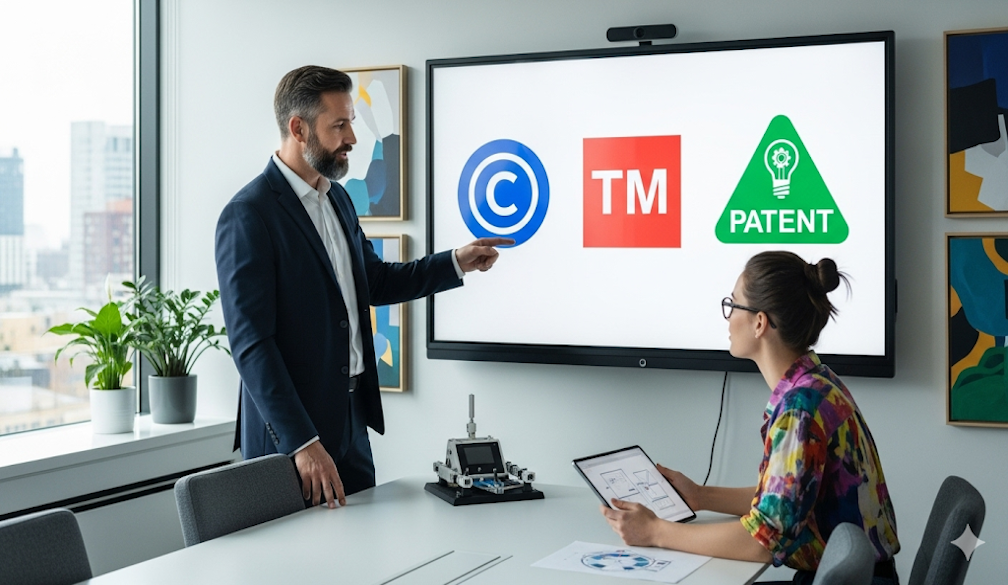The Importance of Avoiding Intellectual Property Infringement

Whether you’re a game studio, artist or small business owner, if you’re generating and using your own original in-house assets, avoiding intellectual property infringement is essential. However, if you’ve found yourself in an IP dispute or you’re simply looking to do everything possible to protect your IP, engaging the services of intellectual property lawyers can be an important step in helping you protect your IP as well as avoid a complicated legal case developing around it. This article will give some insights into the different types of IP protection, as well as some practical steps you can take to protect yourself from an intellectual property infringement.
Understanding the Different IP Protection Types
Knowing the difference between IP protection types can help safeguard your efforts and avoid costly legal headaches down the track. Here's a quick overview of the key protection categories:
Copyright
Copyright protects original works of authorship like books, music, films, software and even website content. In Australia, copyright is automatic upon creation and doesn’t require registration. This protection gives creators exclusive rights to reproduce, publish and perform their work. However, it doesn’t cover ideas, only the expression of those ideas.
Trademarks
Trademarks protect your brand’s unique identifiers, such as business names, logos, jingles and taglines. In Australia, trademarks must be registered with IP Australia to gain formal protection. Once registered, it’s up to the owner to actively enforce and renew the trademark. Failure to do so may lead to loss of exclusivity or even cancellation.
Patents
Patents apply to new inventions, processes and technological innovations. If you’ve created a novel product or method that offers a new way of doing something, patent protection might be applicable. In Australia, applying for a patent through IP Australia can be complex and time-consuming, but it’s essential for securing exclusive commercial rights to your invention.
Practical Steps to Avoid an Infringement Claim
Sometimes, even if you created an original work without any perceived external influence, you could still indirectly cause an infringement claim. This often occurs due to sheer coincidence, but there are some steps you can take to avoid infringement claims entirely:
- Conduct thorough due diligence – Before releasing, attempting to profit from or registering your new idea or creative work, check all applicable existing trademarks, copyrights and patents. A simple trademark search can help you reveal any similar ideas or entities that already exist and are registered, thus saving you the possibility of an infringement claim being issued.
- Seek permissions – If you still want to proceed with an idea that either borrows from or utilises part of someone else’s work, it’s best practice to find the rights holder of the work being sampled and ask for permission to use it. Failure to do so can result in a costly lawsuit that even the best intellectual property lawyers may not be able to shield you from entirely.
- Consult an IP lawyer – If you're unsure about whether your actions might infringe on someone else's IP rights, it's always best to consult intellectual property lawyers as soon as possible. IP lawyers exist to help you navigate intellectual property law and keep you from having an IP infringement claim issued against you.









